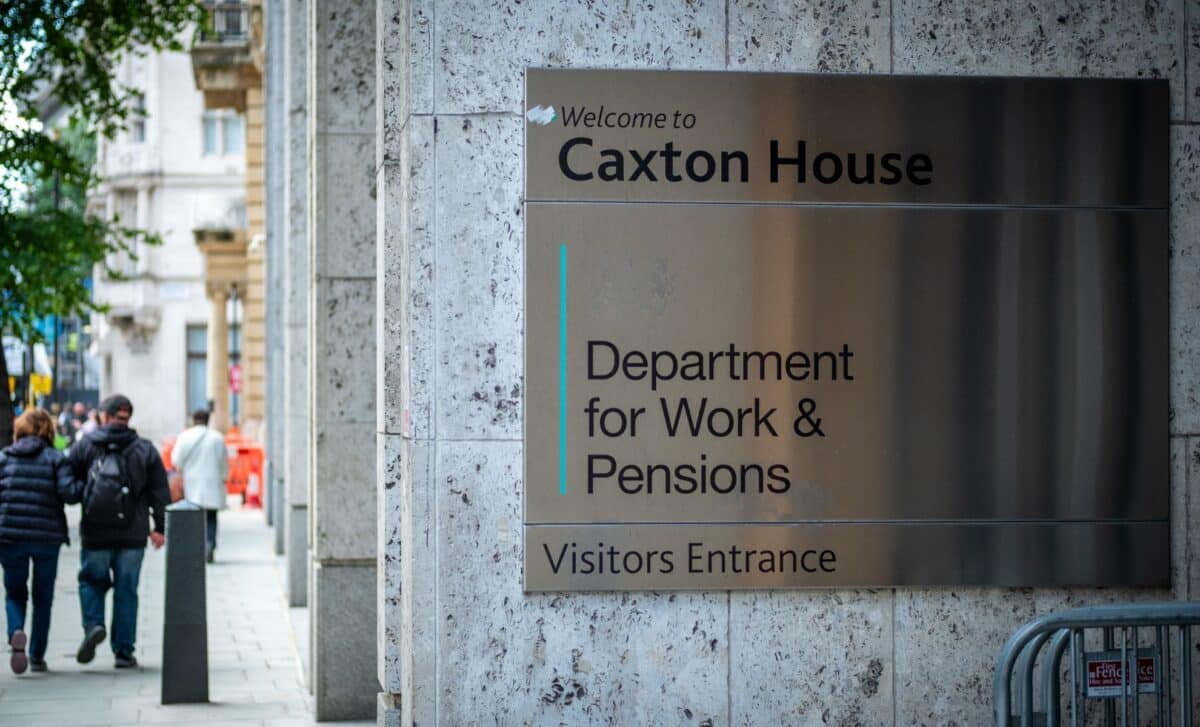Millions of claimants must take action as the Department for Work and Pensions (DWP) finalises the move to universal credit. The switch, affecting six long-standing benefits, is scheduled for completion by March 2026, with deadlines already in place for many recipients.
The UK Government’s benefits system is undergoing its most significant transformation in over a decade. As part of this reform, the DWP is closing several older benefits and urging recipients to apply for universal credit to continue receiving support.
Launched in 2013, universal credit replaces a range of existing means-tested benefits with a single monthly payment. According to the DWP, the ongoing “managed migration” ensures claimants are gradually moved to the new system.
Migration notices have already been issued to thousands, and failure to act within the given timeframe could result in payments being stopped.
Timetable Set for Legacy Benefit Closures
The six benefits set to be discontinued are: child tax credit, working tax credit, income-based jobseeker’s allowance (JSA), income support, income-related employment and support allowance (ESA), and housing benefit. According to the DWP, tax credit payments are the first to end, with closure set for April 2025.
The migration process officially expanded in April 2023, with full-scale roll-out now underway across England, Scotland, and Wales. Claimants are receiving official migration notices by post, each giving a three-month deadline to make a universal credit claim.
In a timeline published by the DWP, migration notices were sent from April 2024 to recipients of income support and tax credits with housing benefit. Further groups, including those receiving housing benefit only and ESA with child tax credits, followed over the summer months.
By September 2024, notices will reach income-based JSA recipients, and by December 2025, all income-related ESA claimants are expected to be informed.
The DWP had previously planned to delay migration of income-related ESA claimants until 2028/29, but this has now been accelerated. By March 2026, all legacy benefits will be closed, completing the universal credit roll-out.
Claimants Face Risk of Losing Payments if No Action Is Taken
The transition requires active participation from benefit recipients. Once a migration notice is received, individuals must apply for universal credit within three months. If they do not respond, their current benefits will be terminated. According to the DWP, this approach ensures continued financial support while maintaining a structured changeover.
Approximately 800,000 people receiving income-related ESA or ESA combined with housing benefit are now part of this advanced timeline. The DWP confirmed it began contacting these groups in September 2024, aiming for full notification by the end of 2025.
Universal credit consolidates payments into a single monthly sum and is intended to simplify the system. According to the government, the reform aims to provide a clearer route to employment and reduce complexity. For current claimants, timely action is essential to avoid disruption in benefit payments.









